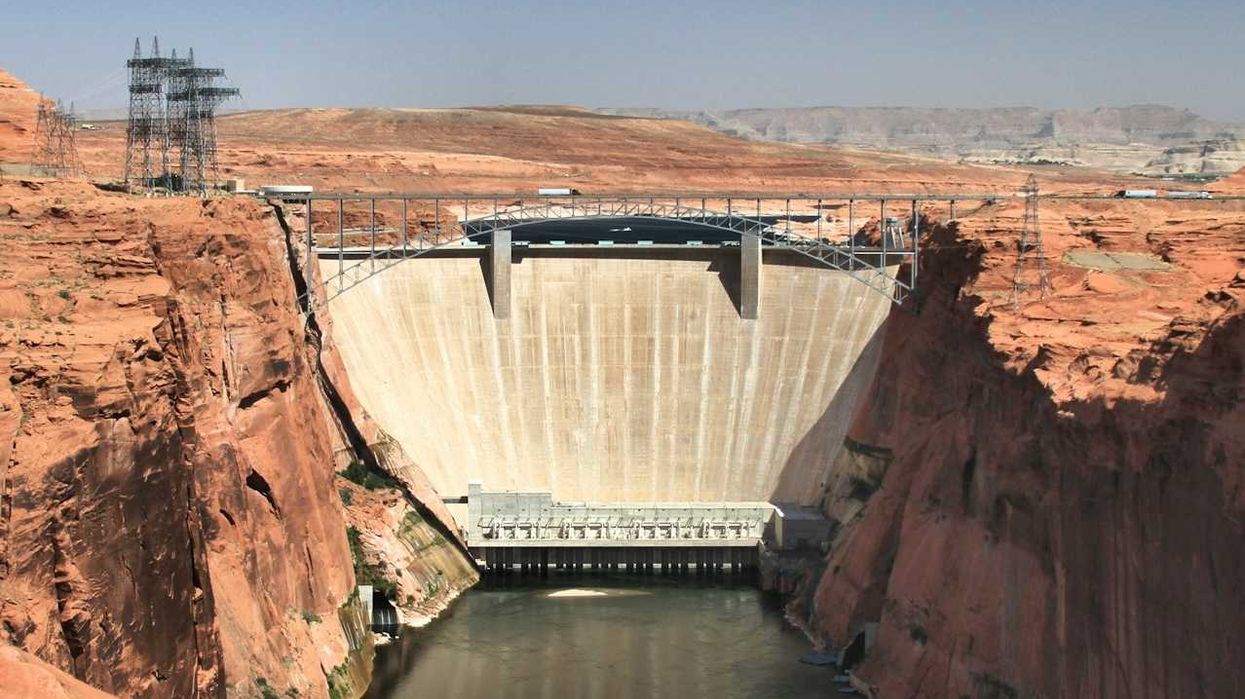A legal battle in Central Texas reveals rising tensions as booming urban areas seek to secure groundwater supplies by pumping from rural aquifers.
Dylan Baddour reports for Inside Climate News.
In short:
- Georgetown, the fastest-growing U.S. city, signed a deal to import up to 89 million gallons of water daily from the Simsboro Aquifer, 80 miles away, triggering lawsuits from Bryan, College Station, and Texas A&M.
- The Upwell Water project is one of several large-scale efforts to export rural groundwater to expanding cities along the I-35 corridor, amid limited statewide regulation and escalating demand.
- Groundwater rights in Texas favor landowners under the “right of capture,” and oversight falls to small local districts, leaving long-term regional water planning fragmented and reactive.
Key quote:
“Water is the new oil. They have a commodity that can be sold and they have every right to sell it.”
— Alan Day, manager of the Brazos Valley Groundwater Conservation District
Why this matters:
Rapid population growth in Central Texas is colliding with a patchwork legal system ill-equipped to manage dwindling groundwater reserves. Private companies — often backed by Wall Street — are securing rights to pump and sell groundwater, exacerbating tensions with rural landowners who fear the depletion of wells and the loss of local control. At the same time, Texas is becoming hotter and drier, with more erratic rainfall and less reliable aquifer recharge. As water-hungry sectors like semiconductor fabrication and AI-driven data centers move in, the fight over groundwater is becoming a proxy battle over growth, climate resilience, and who gets to shape the future of the region.
Related: Navigating the waters of the Rio Grande legal battle














